It is often difficult to know what to do about it and when to act, we come across a lot of homes where the residents have noticed oily smells for months, initially they’ve just assumed that the smells are ok as they have an oil fired boiler in the house, or an Aga for example. Knowing when the smells are ‘significant’ is difficult at the best of times, but when you live in it you’ll find that your body becomes used to the odours so they become less noticeable to anyone living there. The usual story we get is that visitors to the house are the ones who comment on the odours and that validates that there is a problem.
Oily smells are usually linked to oil fired systems such as boilers and/or cookers, if you don’t have one but your neighbour does then their system can be affecting your property. There are very few checks in place to monitor oil tanks and the oil feed-lines which carry the oil to the appliance, and these are the main causes of leaks on domestic properties. Leaks often don’t happen quickly, sometimes it can be a small leak which builds up over the months to be significant volume of oil in the ground / in your property.
The first thing you can do for free is to have a look yourself, look around your tank, and the appliances you have and see if any dark staining is obvious or if any vegetation has died nearby, e.g. brown patches in your lawn, these can indicate that a leak has occurred.
Secondly, if you’re prudent and you keep fuel delivery receipts then check to see if you’re ‘using’ more oil than usual, this can indicate that a leak is occurring (or just that it’s a very cold month).
Thirdly, and now you may want to notify your insurance (which is always a good idea when something isn’t right with your house, even if you’re not covered), ask your plumber / heating engineer to check your system from top to bottom. They have some clever ways of testing tanks and feed-lines to find leaks.
If you find a leak then this post might be helpful in the short term – 3 ways to stop an oil leak
If you’ve still not found the problem then oil spill specialists are the next stop, companies like ours carry out oil spill inspections regularly to find the source of vapours or any other issues associated with leaks. See here for our services.
As always if you have any questions please do not hesitate to contact us, we like to talk, 0800 0209 307 or drop us an e-mail on info@soilutions.co.uk
2022
Visit our oil spill clean up guide
Here we present answers to lots of your questions about Oil Spill clean up. We also cover prevention, health and safety, clean-up, as well as response plans and spill response services.
CHECK IT OUT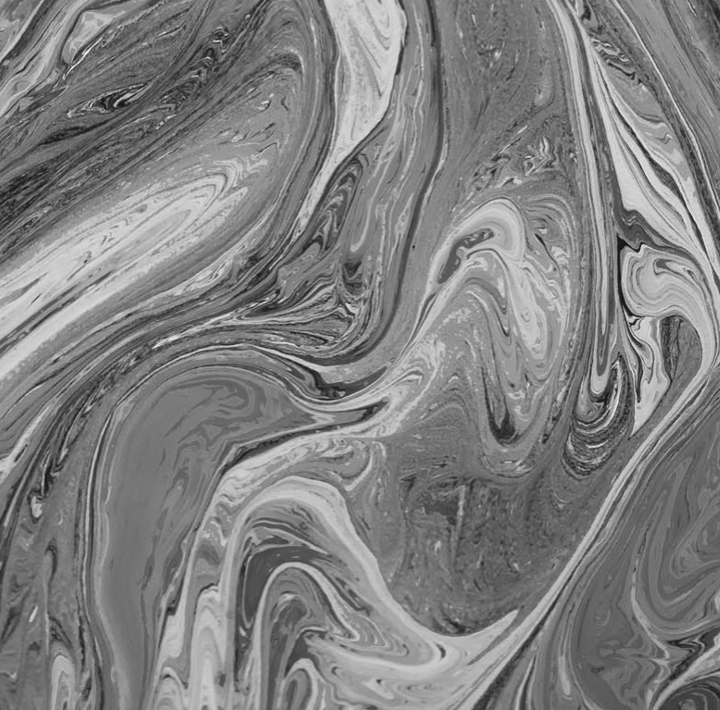
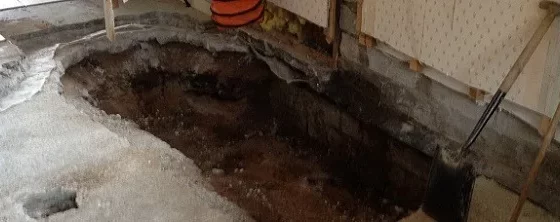
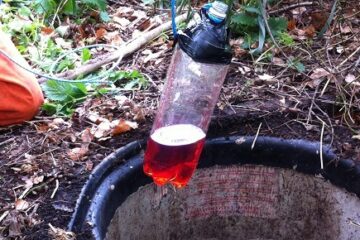
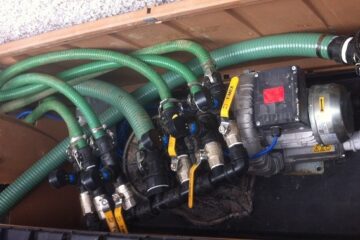
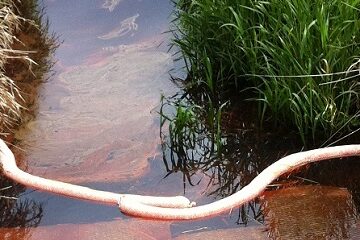



Leave a Reply